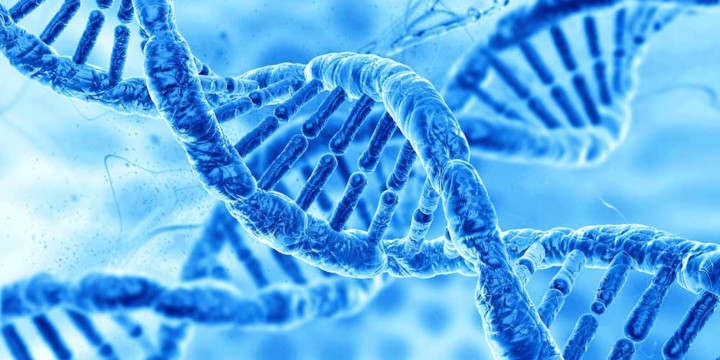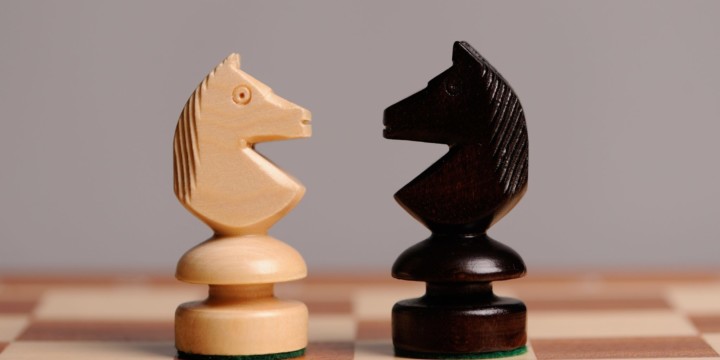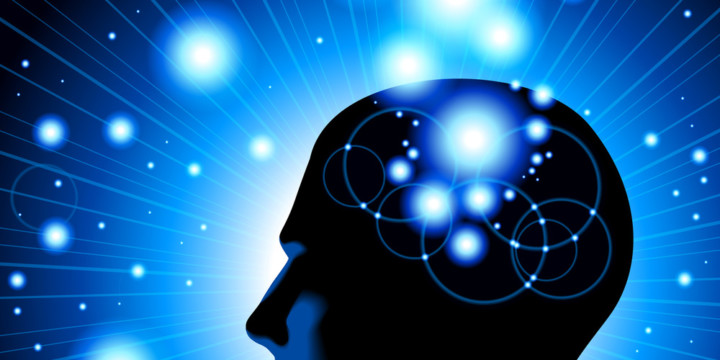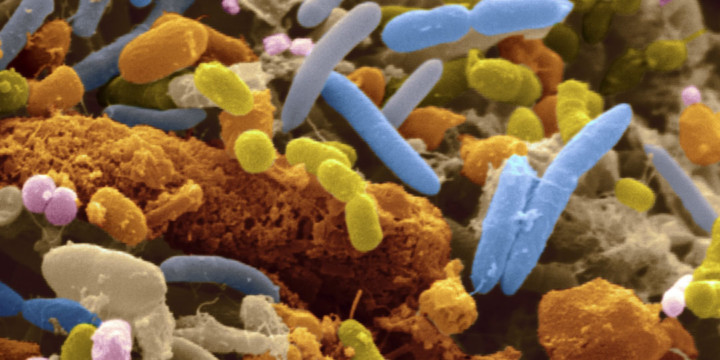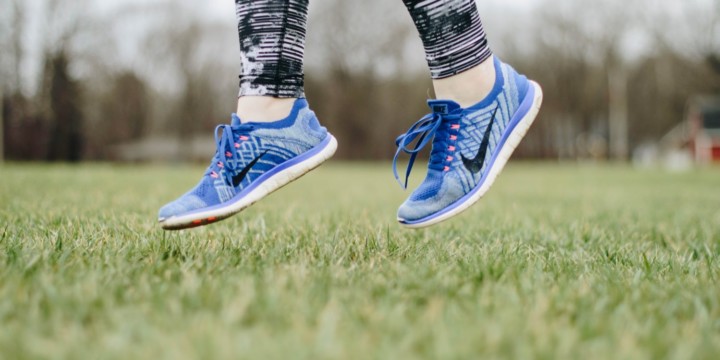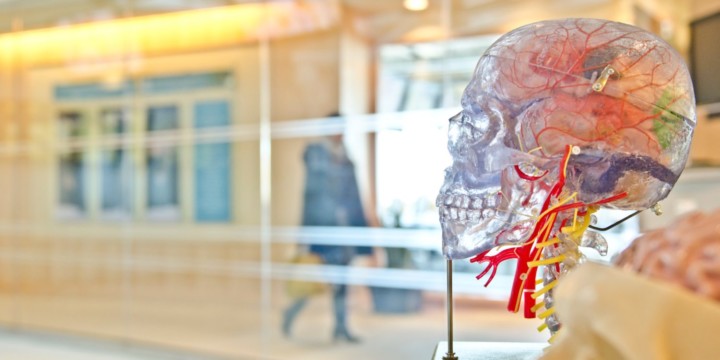Physiology of Multiple Sclerosis (MS)
Multiple Sclerosis is a disease of the central nervous system which is made up of the brain, spinal cord, and optic fibers. In MS, immune-mediated process attacks the protective layer of the nerves called myelin and distort and interrupt the impulses traveling to and from the brain and spinal cord.
MS is a lifelong condition. The severity of the disease varies from person to person- it can cause extreme disability in some while remain mild in other cases. MS can cause problems with vision, arm, and leg movements, balance, speech and muscular coordination.
Symptoms
Signs and symptoms of MS vary widely and depend on the extent of nerve damage and the nerves are affected. Some people with severe MS may lose the ability to walk independently or at all, while others may experience long periods of remission without any new symptoms.
- Tingling
- Numbness
- Blurred Vision
- Problem with balance and coordination
- Problem with arms and legs movements
- Problem with speech
- Muscle stiffness
- Urinary problems
- Problem with thinking, planning, and learning
Causes
No exact cause is known for the immune system to attack the protective layer of the nerve called myelin. It is largely considered to be genetic where environmental factors act as a trigger.
Types of MS
- Relapsing-Remitting MS – Someone with relapsing-remitting MS will have episodes of new or worsening symptoms, known as “relapses”. These typically worsen over a few days, last for days to weeks to months, then slowly improve over a similar time period. Eighty percent of cases fall into this category.
- Primary Progressive MS – In this case, there is a gradual degeneration without a period of remission.
- Secondary Progressive MS – In this type, symptoms worsen steadily over time with or without intervals.
Progressive-Relapsing – A rare form of MS, the symptoms steadily worsen from the beginning and lead to acute exacerbations.
Treatment in Allopathy
There’s no cure for multiple sclerosis. The treatment focuses on preventing and treating relapses, ensuring the speedy recovery from relapses and managing of individual symptoms. MS follows a multidisciplinary approach.
Mostly corticosteroids are used to suppress the immune system. Lately, a few drugs have come to that help to lengthen the remission period and lower the severity of flare-ups.
Ayurveda and Multiple Sclerosis
It is not possible to reverse damage caused by the MS but Ayurveda can help to manage symptoms with least side effects. It can also strengthen the immune system to reduce the frequency of relapse and slow down the progression of the disease.
In case of early detection where myelin damage is limited and the body has the ability to renew MS can be even be cured. Therefore MS is best treated in early stages generally within the first two years of diagnosis.
According to Ayurveda, the root cause of this disease lie in the accumulation of ama or toxins within the body that block the minute shrotas or channels of energy. Over a period of time, accumulated toxins start attacking the healthy tissues. In case of MS, nerve tissues are a site of the attack. Body’s immune system in order to get rid of the toxins accumulated on the nerve starts attacking the myelin sheath.
MS is a very complex condition and invariably involves a combination of doshas. As Vata controls the central nervous system, vitiation of Vata is definitely there. Kapha and Pitta doshas are also involved as myelin are primarily regulated by kapha. Pitta dosha is responsible for inflammation and wearing of the sheath.
Treatment in Ayurveda
Your Ayurveda doctor would figure out the doshas responsible for triggering MS and accordingly customize the treatment for you. Some of the common treatments used are detox or Panchakarma, improvement of digestive fire with Deepan, digestion of toxins with Pachan and rejuvenation with Rasayana.
Detox or Panchakarma
Panchakarma therapies would be carried out according to the condition of the patient. If the patient is weak a mild Shaman or palliative measures are taken to regain balance in the body. Shaman is not as effective in treating MS as Shodan or complete detox.
For detox Panchakarma therapies like Vaman (emesis), Virechan (purgation), Basti (medicated enema) and Nasya (putting medicated oil in nostrils) are used. Therapies like Abhyanga or body massages, Shirodhara (oil stream on the head), Udwarthana (herbal powder massage) are carried out for balancing the doshas.
Deepan and Pachan
Deepan is a method to rekindle the digestive fire to improve digestion and to slow down the accumulation of toxins in the body. Medicated ghee and oils are used to ignite the digestive fires. Pachan Kriya is a powerful method of ingesting toxic wastes with the help of herbs.
Rasayana or Rejuvenation
Ayurveda has many concoctions in its armor that help to rejuvenate and rebuild tissues in the body.
Diet and Lifestyle
Follow a healthy diet and lifestyle to control symptoms of MS. A personalized diet plan is prepared as per the combination of dosha. As a general rule the patient is told to avoid refined, processed food items, cold drinks, hydrogenated and refined oils for cooking purposes. It is recommended to increase the intake of fresh fruits and vegetables, and healthy fats such as nuts, seeds, coconut oil, olive oil, and ghee. Ayurveda prescribes that food should be taken as per season in a relaxed environment. For proper digestion, it is important to chew well. Apart from diet, mild exercises, yoga and pranayama would help in balancing the doshas.
Herbs for MS
Some of the popular herbs used for treating MS are
- Ashwagandha (Withania somnifera)
- Pippali (Piper longum)
- Bala (Sida cordifolia)
- Brahmi (Bacopa monnieri)
- Rasana (Pluchea Lanceolata)
- Frankincense
- Gotu Kola (Centella asiatica)
Yoga and Pranayama for MS
Yoga
Yoga practice can help a person to maintain balance while strengthening the muscles. Very slow and rhythmic yoga postures are prescribed for the people with MS. Iyengar yoga is more suited as one can work with props. Some of the recommended yoga asanas are –
Tadasana (Mountain pose) – In this you stand on your toes and completely stretch your arms up. You can do a variation of this exercise while sitting on a chair with legs down and stretching your arms up while keeping the spine erect.
Uttanasana (forward bending) – Stand straight on your feet and bend forward trying to touch the ground. A variation can be done while sitting on the chair and bending forward.
Virabhadrasana (warrior pose) – Stand with your legs wide apart and stretch your arms sideways parallel to the ground with the palms facing downward. Breathing out bend your right knee and turn your head to the right. Repeat the same motions on the other side. A variation of this exercise can be done using a chair as a prop.
Pranayama for MS
- Diaphragm and abdominal breathing
- Anulom-Vilom (Alternate nostril breathing)
- Ujjayi ( Victorious Breath)
- Bhramari ( Humming bee pranayama )
- Kapalabhati (skull shining breathing) – Do Kapalbhati only when a trained practitioner recommends it for your condition
Multiple Sclerosis and Naturopathy
Naturopathy regards MS as a complex condition that may be a result of the growth of candida (fungus and virus) in the gut, exposure to heavy metals, weak immune system, Vitamin D deficiency, food allergies, hormonal imbalance, high level of stress, poor gut health, faulty diet, lack of exercises and genetic susceptibility.
Treatment of MS in Naturopathy
A naturopathic doctor would advise you to go for a general detox to improve the digestion and gut health, modify your diet and lifestyle, embrace stress relieving techniques, take up exercises and include certain natural supplements in the diet.
Detox
A detox can be carried out at a naturopathy center where techniques such as massages, enema, colon hydrotherapy, steam bath, sauna bath, hip bath, mud therapy, abdomen packs, liver packs and kidney packs are given to remove the toxins from the body and revive the digestive system.
In a case of confirmed heavy metal build-up, a process called chelation is carried out by a few naturopathy centers to remove the metals from the body.
Diet
A diet rich in antioxidants and healthy fats helps in effective management of the symptoms. A study has established a correlation between consumption of particular food items with the severity of symptoms. Healthier diet choices lead to lighter symptoms and disability.
While designing a diet first remove common food allergens like gluten and casein from the diet and stop the intake of alcohol. Alcohol causes inflammation in the body. Also remove refined carbs, sugar, hydrogenated and refined oils, fried food, antibiotic laden meat, and soda.
The effective functioning of the Central Nervous System and brain requires healthy fats. A diet consisting of healthy fats such as coconut oil, ghee, olive oil, fatty fish, whole grains particularly millets, fresh fruits and vegetables, nuts and seeds is beneficial in MS.
For reducing inflammation, demyelination and oxidative stress consume more of cruciferous vegetables like cabbage, cauliflower, bok choy, kale, broccoli. Also take foods rich in lycopene and carotenoids such as carrots, watermelon, sweet potatoes, squash, and grapefruit. Green tea, curcumin and frankincense oil having anti-inflammatory properties can be taken.
Exercise, Yoga, Meditation
Regular physical exercises can keep the symptoms in check. The above section already mentions Yoga Asanas and Pranayamas for MS. You can also add stress management techniques such as visualization and Yog Nidra for relaxing the mind.
For more read Ways to overcome worry, anxiety, and stress.
Vitamin D and Multiple Sclerosis
It is seen that incidence of MS is higher in countries that are far from the equator. A childhood deficiency in Vitamin D can trigger MS later in life through a direct correlation between the deficiency and MS has not been established as yet. Soka in sunlight or take in foods rich in Vitamin D.
Supplements
Depending on your blood tests and overall condition, supplements such as fish oil, Vitamin B12 (vital for the health of Central Nervous System), probiotics, Vitamin D can be prescribed. It is better to go in for natural supplementation as far as possible.

